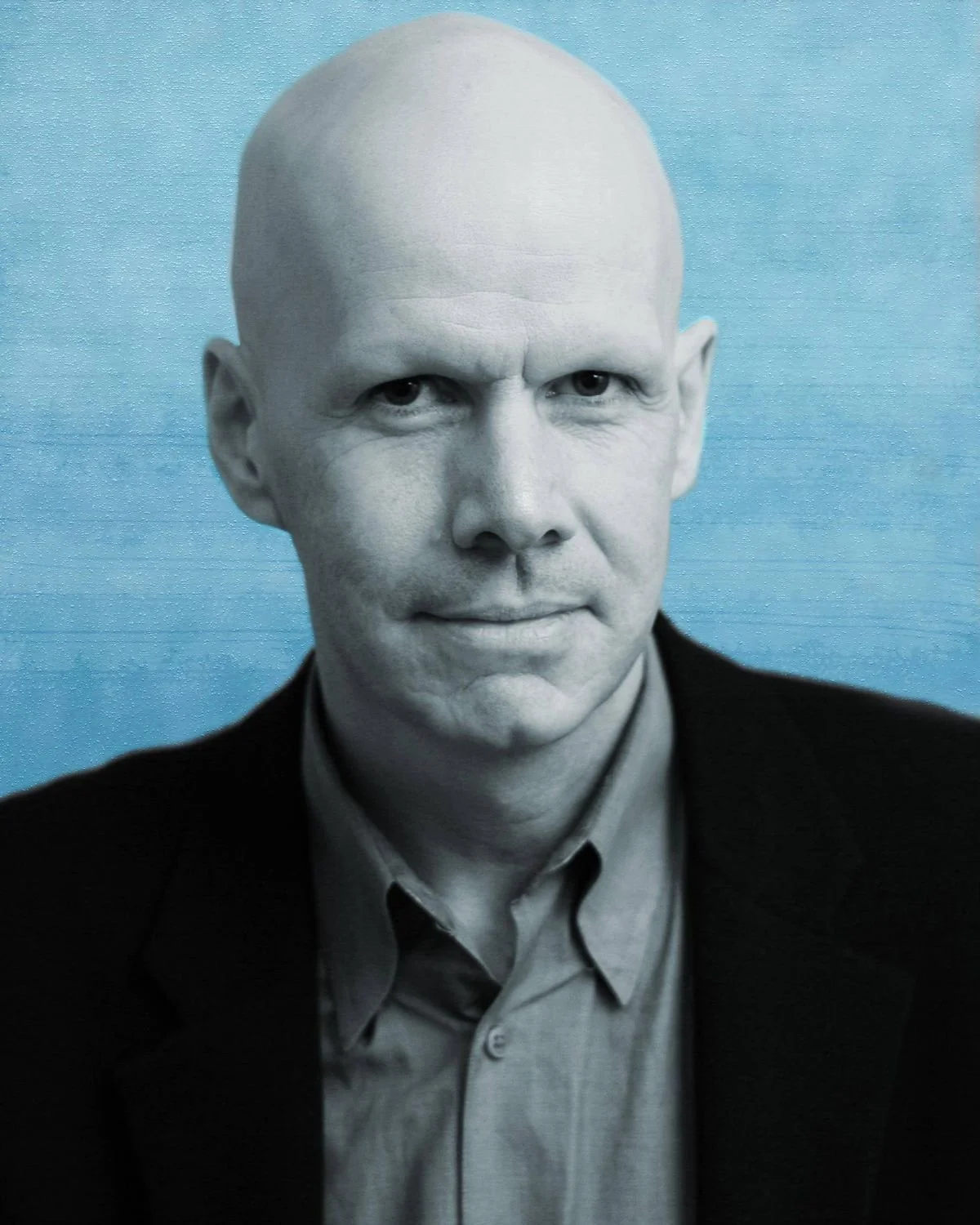The Measure of Darkness
WINNER OF THE QUEBEC WRITERS' FEDERATION'S PARAGRAPHE HUGH MACLENNAN PRIZE FOR FICTION
THE STORY OF MARTIN AND BRENDAN FALLON, TWO BROTHERS ESTRANGED FOR YEARS, WHO ARE SUDDENLY REUNITED AFTER A CAR ACCIDENT THAT HAS LEFT MARTIN WITH A BRAIN INJURY
a novel by Liam Durcan
An accident leaves architect Martin Fallon brain-injured with a disorder called “neglect” — he can’t appreciate half his visual world, and is unaware of his deficits.
He tries to maintain control of his personal and professional life but the disorder, with the limited insight it brings, wreaks havoc.
It is also a metaphor for the types of blindness he experiences in other aspects of his life. At the centre of the novel is a mystery: why was Martin parked on a rural road in a snowstorm when he was hit by a snow plow? By the time he gets to the bottom of the mystery, he has reached a fateful decision about his life.
Ranging from Moscow to New England, from Montreal to Detroit and rural Quebec, The Measure of Darkness is most importantly a journey into the vagaries of the human brain.
PRAISE FOR THE MEASURE OF DARKNESS
“As a practicing neurologist, Durcan approaches brain injury deftly, describing the physical scope of Martin's injury but never allowing the narrative to become bogged down by reductive or causative explanations that locate Martin's experience in damage to a specific physical part of the brain. Instead Durcan focuses on the phenomenological, lived experience of recovering from a brain injury, making certain Martin's perceptions are rendered just unreliable enough to compel the trajectory of the narrative.” — THE PLOUGHSHARES BLOG
“It’s a pleasure to read this sophisticated novel and to mull its scalpel-sharp perceptions about what causes us to make the life decisions we do.” — TORONTO STAR
“In this beautifully written work, readers experience Martin’s caught-breath panic and, as suspense mounts, anxious concern about what Martin was really doing on the road when he was injured.” — LIBRARY JOURNAL, starred review
“Durcan raises thought-provoking questions about the sometimes conflicting roles ambition, work, and loved ones play in a complex and fulfilled life.” — BOOKLIST
“The science is woven into the story with a rare fluency.” — THE MONTREAL GAZETTE
“The Measure of Darkness seems, at first, to be about the mysterious odyssey and follies of a man with a rare neurological syndrome in which the victim cannot perceive half of the world, and worse, doesn’t know he can’t perceive it. Yet, as Liam Durcan’s acutely observed, powerfully poetic prose—which can be sensitive or steely—builds to a gut-wrenching finale, we realize that this man is a metaphor for each of us and we are all haunted by the things we don’t know we don’t know.” — NORMAN DOIDGE, M.D., author of The Brain That Changes Itself and The Brain’s Way of Healing
“An intriguing and layered medical mystery.” — QUILL & QUIRE
“[A] spare, ethereal novel … A deft exploration of the heart and mind that offers the pathos of a Sam Shepard play nested within the unreliable storytelling of Christopher Nolan's Memento.” — KIRKUS REVIEWS
Read an excerpt
See all author's titles
See also
liamdurcan-words.com
70,000 words
Finished books now available
RIGHTS SOLD
North America: Bellevue Literary Press, Mar 2016
(Photo: Redstone Photography)
ABOUT LIAM DURCAN
Liam Durcan's first book, the story collection A Short Journey by Car (Vehicule), was chosen by The Globe and Mail as one of the Top 100 Books of 2004, and his work was featured in the annual anthology of up-and-coming new writers, Coming Attractions 2003 (Oberon). Durcan published his first novel, Garcia’s Heart, with M&S in 2007. It was also published in Taiwan, China, Italy, The Netherlands, and the USA. It was the winner of the Arthur Ellis Award for Best First Novel and was a Barnes and Noble Discover Great New Writers Selection. His second novel, The Measure of Darkness, won the Paragraphe Hugh MacLennan Prize for Fiction in 2016. Durcan is a neurologist at the Montreal Neurological Institute and an assistant professor at McGill University. His work often focuses on neurological dysfunction and the resulting crises.


